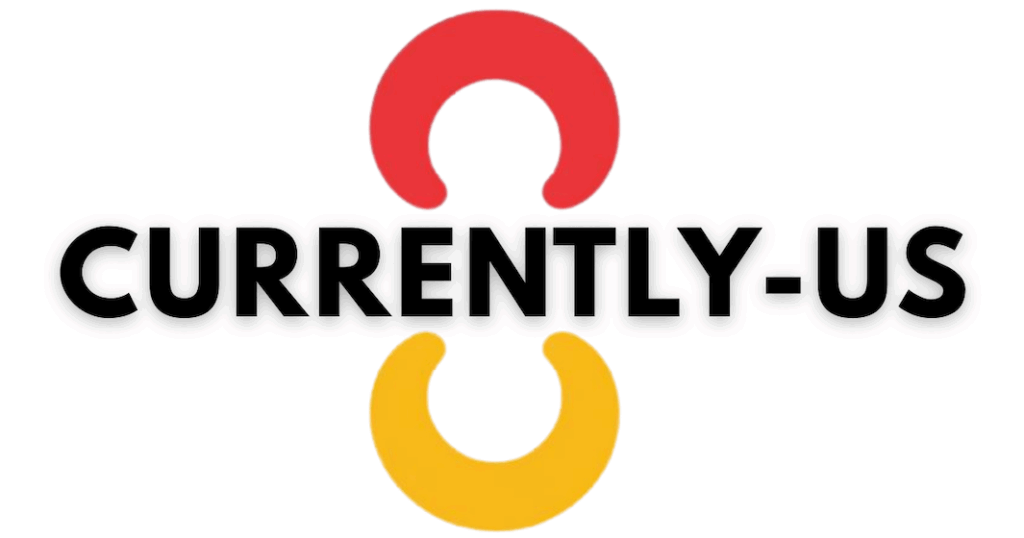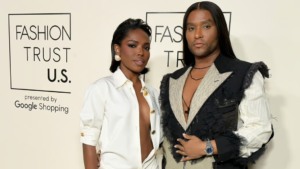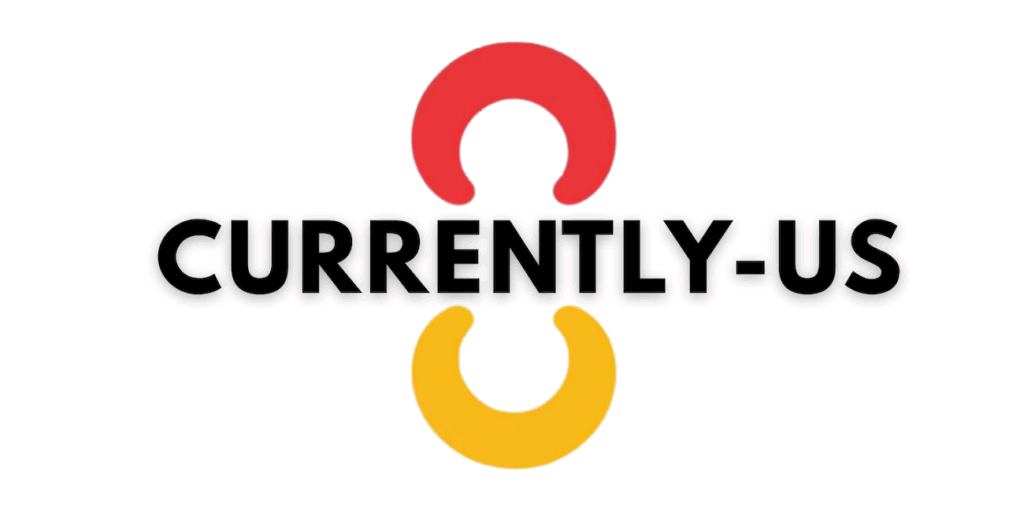It is estimated that Mark Zuckerberg spent $46 billion on his Meta project. Yet, very few people adopted the concept.
The metaverse is still a concept and area of development, but the initial hype has subsided, with the focus shifting towards practical, niche applications and integrating with AI, rather than a fully immersive digital utopia. Major companies like Meta and Microsoft continue to invest in VR/AR technology and platforms, while gaming companies like Epic Games have built successful early versions of metaverse-like virtual spaces.
The technology is still evolving, with potential for future growth driven by advancements in VR/AR and AI, but it faces challenges with user experience, hardware costs, and a lack of widespread adoption and interoperability.
How the Metaverse will affect Black Americans
For Black Americans, the impact of the metaverse is not pre-determined but is being shaped by its developers and users. While it holds the potential to become a space for creative freedom, economic opportunity, and community, there is a serious risk that it could simply replicate and even amplify the systemic inequalities and biases of the physical world.
Ensuring a positive impact will require intentional action from developers, policymakers, and Black communities themselves to promote diversity in its creation, mandate accountability, and bridge the digital divide.
Metaverse risks and challenges for Black Americans
Potential to perpetuate systemic bias
The metaverse is being built on existing digital infrastructure and algorithms that have a documented history of racial bias.
Algorithmic bias
Artificial intelligence (AI) used in metaverse platforms has been shown to exhibit racial and gender biases, which could determine who sees what content or how certain images are interpreted. This may be particularly harmful to those with lower digital literacy, a group that includes many marginalized communities.
Racial discrimination
Reports of racist harassment, hate speech, and discriminatory behavior against Black users have already emerged in immersive virtual reality environments.
Default settings
Technology often assumes a white male identity as the default, potentially impacting avatar pricing and visual recognition features.
Lack of diverse developers
A tech industry with disproportionately low representation of Black and Hispanic workers may result in products that do not adequately protect these communities from harm.
Exacerbating the digital divide
The metaverse relies on expensive technology and high-speed internet, which may not be equally accessible to all.
Technological exclusion
The high cost of specialized hardware like virtual reality (VR) headsets could prevent many Black Americans from participating, further marginalizing communities that already face socioeconomic barriers.
Broadband disparities
Black households have historically had lower rates of home broadband access than white households. If the metaverse becomes integrated into daily life for services like education or employment, it could increase existing inequalities.
Metaverse opportunities and advantages for Black Americans
The metaverse can serve as a new medium for Black artists, creators, and storytellers to share Black culture and history in an immersive, interactive format.
Preserving history
Creators like Gabe Gault have used VR to build historical environments, such as a scene from 1960s Memphis honoring Martin Luther King Jr., offering a more vivid and engaging way to teach history.
Educational experiences
Morehouse College has offered a Black history course in the metaverse, allowing students to virtually experience significant historical periods like the Civil War and the Transatlantic slave trade.
Unbiased platforms
Black artists and media organizations can potentially use the metaverse to showcase their work without the bias or gatekeeping prevalent in traditional industries.
Economic empowerment and entrepreneurship
For Black entrepreneurs, the metaverse offers a new digital frontier for building businesses and generating wealth.
New revenue streams
Entrepreneurs like Mary Spio, founder of CEEK VR, are using the metaverse to help artists earn revenue and connect with fans in virtual worlds.
Owning digital assets
Black entrepreneurs are getting involved in metaverse ventures, such as purchasing virtual real estate or founding sports leagues that sell NFTs.
Shaping the future
Industry leaders from companies like Blavity and Meta are actively involved in creating platforms and programs to ensure Black representation in the virtual reality space.
Community-building and social interaction
The metaverse allows for the creation of virtual spaces where Black users can connect and build community.
Curated safe spaces
The 2020 virtual AfroTech conference, for instance, created what was called the “first-ever Black metaverse” to ensure a welcoming and affirming space for Black professionals.
Cultural celebrations
Initiatives like Meta’s Metaverse Culture Series, which launched with a focus on Black History Month, aim to create virtual spaces for cultural moments.
Final thoughts
Advancements in generative AI are expected to significantly enhance metaverse experiences, leading to more dynamic and realistic virtual worlds. With ongoing improvements in VR/AR hardware and infrastructure we may see a return to the ambitious Metaverse concept but with a more user-friendly and accessible metaverse experience as the nucleus.






